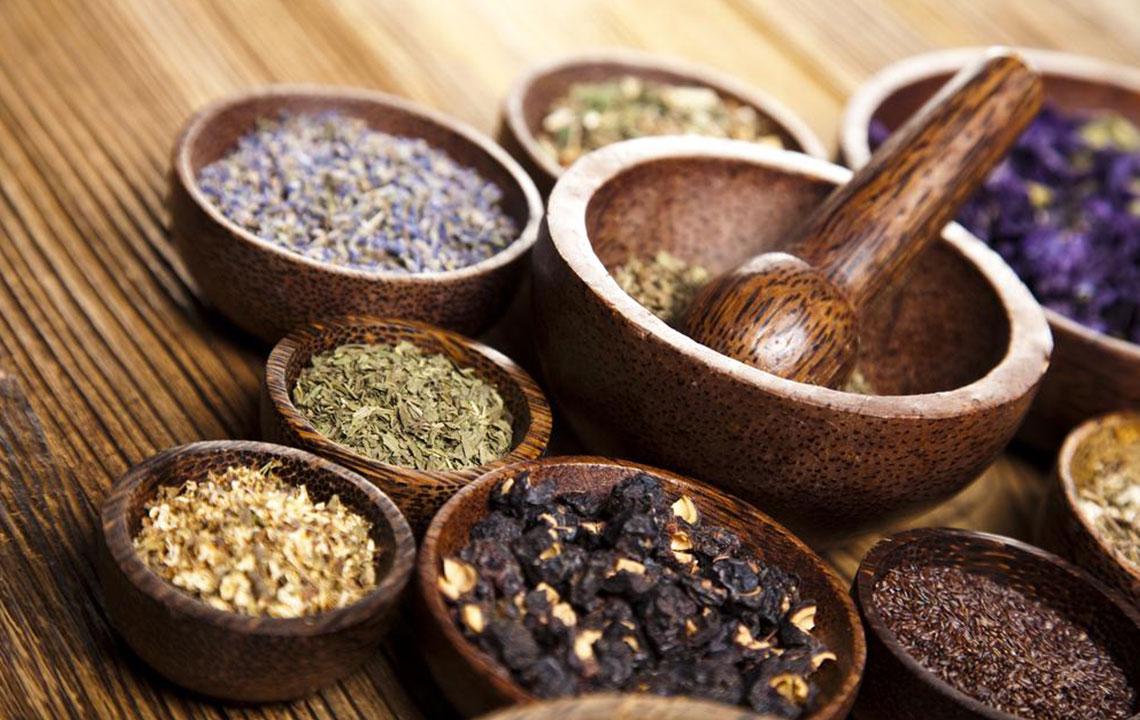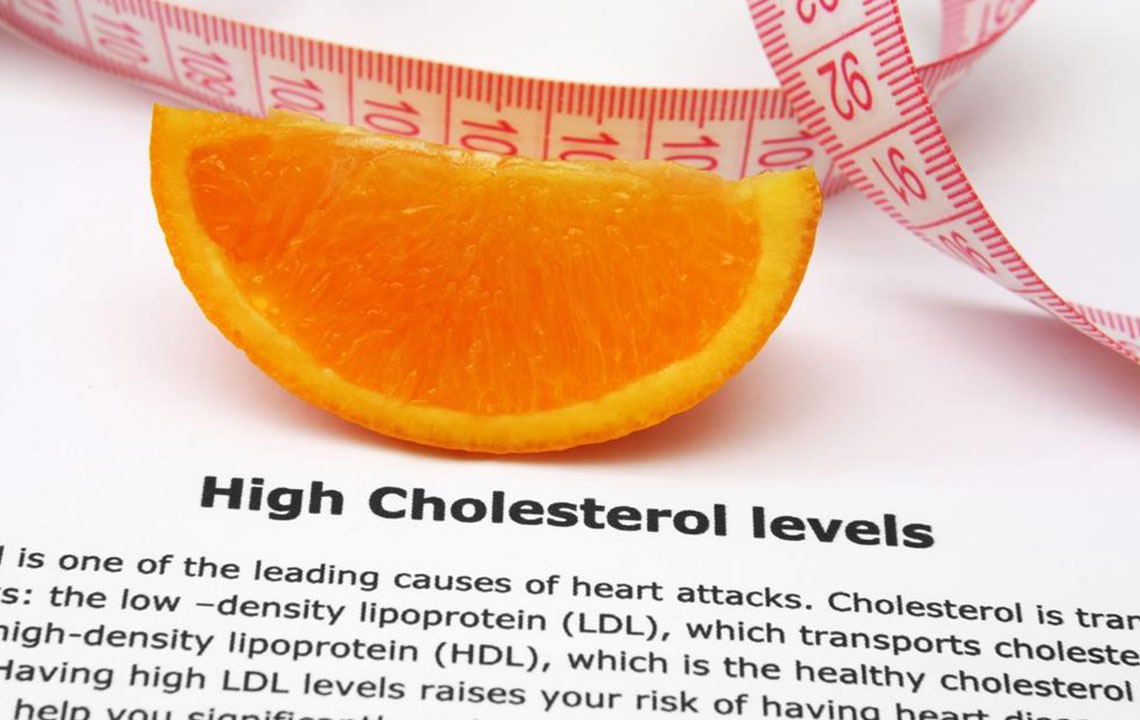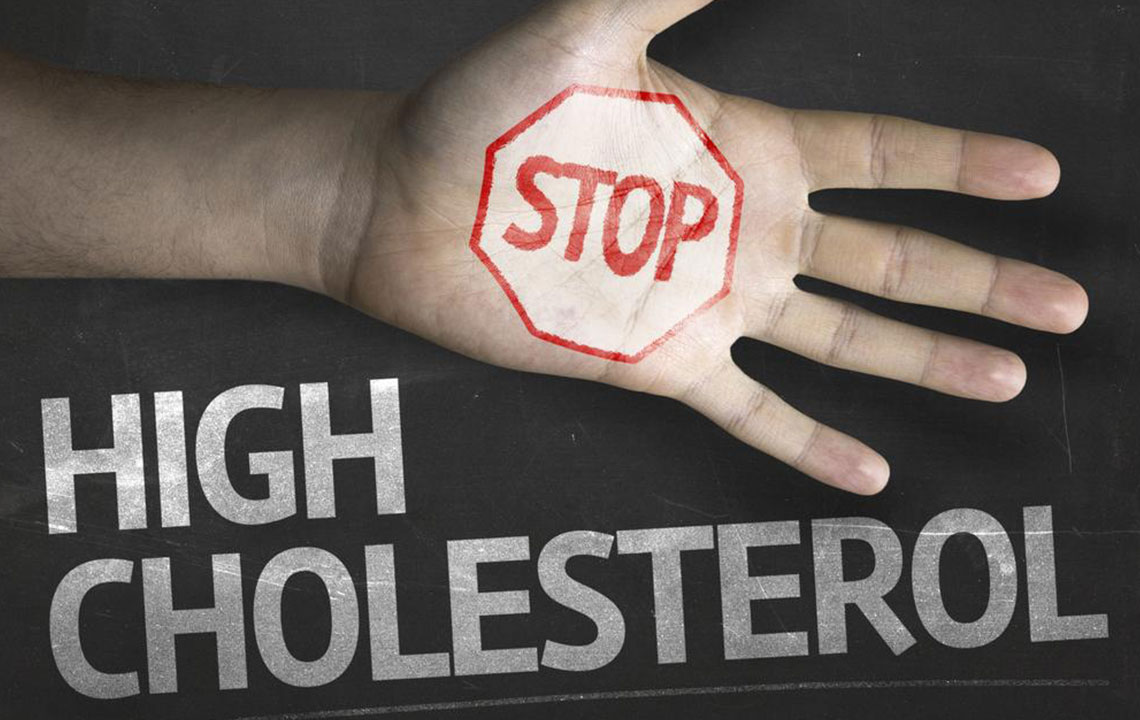Natural and Effective Methods to Reduce High Cholesterol Levels
Discover comprehensive natural methods to effectively lower high cholesterol levels. This detailed guide covers dietary changes, exercise routines, smoking cessation, and other lifestyle modifications proven to improve heart health. Implementing these strategies can help reduce LDL cholesterol, increase HDL levels, and prevent cardiovascular diseases naturally and sustainably.

Natural and Effective Methods to Reduce High Cholesterol Levels
Elevated cholesterol levels are a significant health concern that can lead to serious cardiovascular problems such as heart attacks, strokes, and arterial blockages. Cholesterol, a waxy substance produced in the liver, is essential for various bodily functions, but when its levels become too high, it poses a risk for plaque buildup in the arteries. This accumulation narrows blood vessels and hampers blood flow, increasing the likelihood of cardiovascular events. While pharmaceutical treatments are common, there is a growing emphasis on natural lifestyle changes that can help lower cholesterol levels effectively and sustainably.
Incorporating healthy habits into your daily routine not only helps manage cholesterol but also improves overall heart health. Many of these strategies are accessible, cost-effective, and can be tailored to individual lifestyles. The goal is to reduce low-density lipoprotein (LDL), commonly known as the 'bad' cholesterol, while increasing high-density lipoprotein (HDL), or the 'good' cholesterol. Here are some comprehensive and scientifically-backed natural approaches to achieving optimal cholesterol levels.
Adopt a Heart-Healthy Diet
One of the most impactful ways to manage cholesterol naturally is through dietary modifications. Avoiding foods high in saturated fats and trans fats is crucial, as these fats significantly raise LDL cholesterol. Red meats such as beef, pork, and mutton, along with full-fat dairy products like cheese, butter, and cream, should be limited or replaced with healthier alternatives. Instead, focus on incorporating foods rich in omega-3 fatty acids, such as fatty fish like salmon, mackerel, and sardines, which have been shown to lower triglycerides and reduce overall cardiovascular risk.
Adding soluble fiber to your diet is another effective strategy. Foods like oats, barley, beans, lentils, fruits, and vegetables contain soluble fiber, which binds to cholesterol in the digestive system and helps remove it from the body. This process gradually decreases LDL levels. Whole grains and plant-based proteins also contribute to better lipid profiles. By making smarter food choices, you can significantly impact your cholesterol levels over time.
Cease Smoking
Smoking damages blood vessels, decreases HDL cholesterol, and accelerates the development of atherosclerosis. Quitting smoking improves vascular health, boosts circulation, and enhances the body's ability to remove LDL cholesterol from the bloodstream. It might be challenging initially, but the health benefits are profound, reducing the risk of heart attacks, strokes, and other cardiovascular illnesses. Support from healthcare providers, nicotine replacement therapies, and behavioral counseling can make the quitting process easier.
Engage in Regular Physical Activity
Exercise is a cornerstone of heart health, as it helps increase HDL cholesterol and decrease LDL levels. Activities such as brisk walking, cycling, swimming, and jogging promote better blood circulation and help manage body weight. Experts recommend at least 150 minutes of moderate-intensity exercise weekly, which can be broken down into manageable sessions. Consistent physical activity not only reduces LDL cholesterol but also improves overall cardiovascular fitness, reduces blood pressure, and enhances mood and energy levels.
Moderate Alcohol Consumption
Some studies suggest that moderate alcohol intake can increase HDL cholesterol, offering a protective effect against heart disease. However, excessive drinking can lead to high blood pressure, weight gain, and other health issues, counteracting the benefits. If you choose to drink, do so in moderation—generally up to one drink per day for women and up to two for men. Excessive alcohol consumption should be avoided, and individuals should consult healthcare providers for personalized advice.
Maintain a Healthy Body Weight
Carrying excess weight, especially around the abdomen, is associated with increased LDL levels and higher risk of cardiovascular problems. Losing even a modest amount of weight can have a significant impact on cholesterol levels. Combining a balanced diet with regular physical activity helps achieve and sustain a healthy weight. Reducing intake of processed foods, refined sugars, and junk foods, alongside staying active, creates a sustainable way to manage weight and improve lipid profiles over time.
In conclusion, these natural and lifestyle-oriented strategies serve as effective tools for managing and lowering high cholesterol levels. While they are highly beneficial, some individuals may require medication prescribed by healthcare professionals to achieve optimal results. Regular health check-ups and blood tests are essential to monitor progress and adjust lifestyle modifications accordingly. Empowering yourself with these natural strategies can lead to improved heart health, reduced risk of cardiovascular diseases, and a better quality of life.





